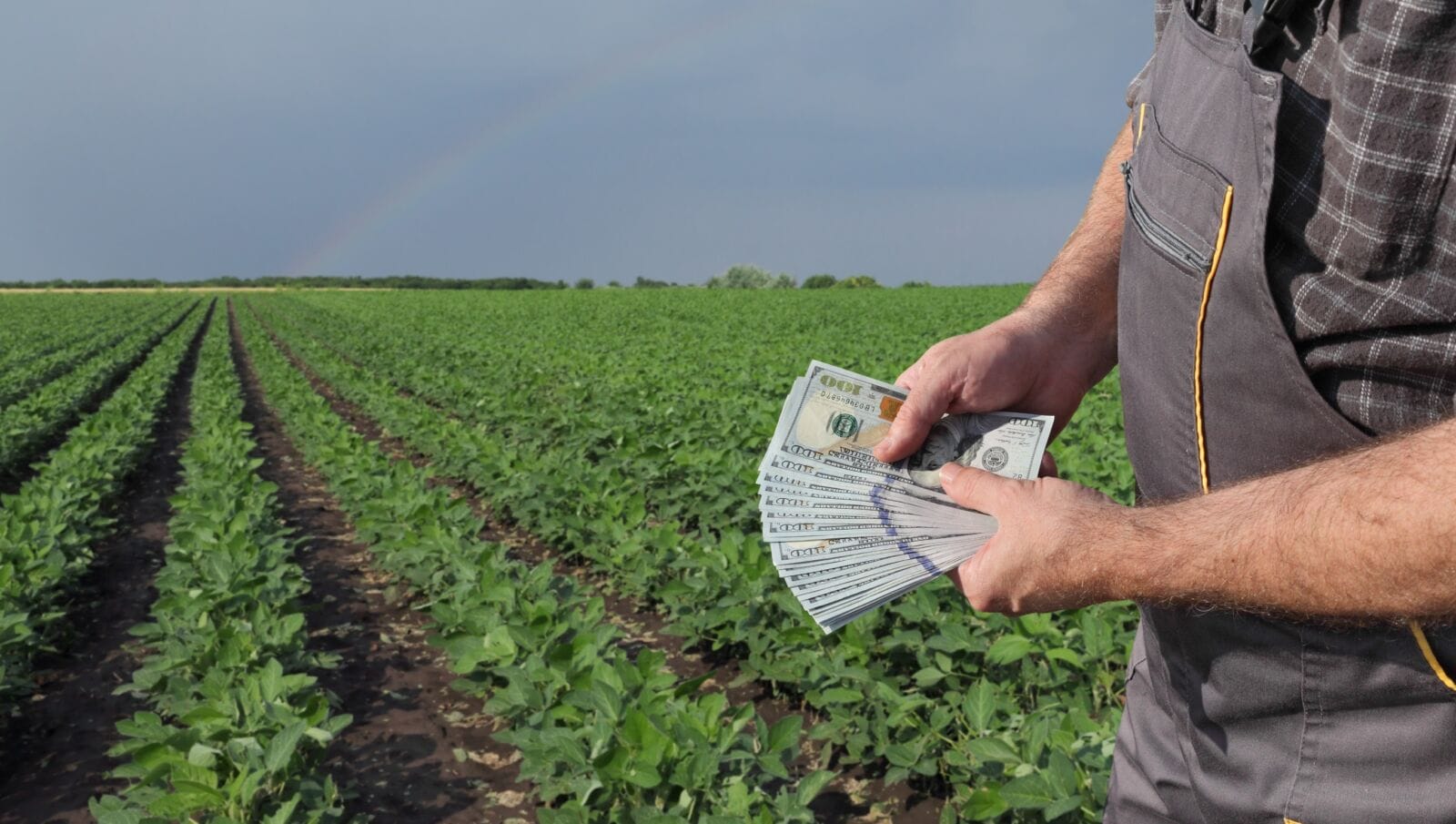The word ‘auction’ tends to evoke a visceral image in the public mind, of loud angry voices and time running out, fast. For sellers, those images can inspire equal measures of excitement and dread over the prospects—and risks—of so fast-paced and unpredictable a method of liquidating their land. But auctions are rarely unpredictable, of course, and while these oversimplified notions fuel both the undying advocates and unrelenting condemners of the land auction, reality is far more complex.
PTK spotlight: Arizona land brokers to know in 2024
Auctions are a tool of great utility, the proper use of which can be learned and applied like any other. Whether or not an auction is the best course of action for a seller depends on a variety of factors, not to mention what kind of auction it ought to be. As such, the most important step a seller can take before making a decision is educating themselves on precisely what auctions are good for, what they’re not, and how to avoid the mistakes of their many predecessors. The guide below offers a starting point for just that effort by indicating the four most essential things a seller should know before proceeding with a land auction.
1. Auctions Don’t Always Produce Higher Prices
The assertion that auctions don’t, as a rule, produce higher profits for the seller than conventional methods may come as a surprise. What, then, is the point? The point, as in any selling endeavor, is to receive the market value of the land being sold. If it were the case that auctions always make the seller more money, they would likely be the conventional method of selling, and few would bother doing anything else.
Now, auctions can bring in more money than conventional methods under certain, often predictable circumstances. In those cases—where demand is high, supply low, and buyers competitive—auctions are best viewed as the more effective manner of achieving market value. Each seller must know their market in order to decide if that is the case, ahead of time. When a seller expects to come away with much more than that market value by auctioning their land, however, they tend to be disappointed.
2. Some Auctions Close Fast, Others Faster
Efficiency is another potential advantage of the auction. Land auctions generally take 75 to 90 days from start to close, a period which comprises marketing efforts, proceedings, and closure. That is not always less time than conventional methods take, but it very often is. And, depending on the current market, that window can be much shorter—or longer, in some cases. All that is to say that, under the right conditions, auctions can save buyers much time.
Such a fact makes land-auctions particularly useful to certain buyers, and less so to others. For those to whom time is no priority, the only question to be weighed when deciding a method of sale is which will produce the highest price. For a seller who needs to close quickly, meanwhile, in order to satisfy urgent obligations, invest in a different property, etc., the relatively predictable timeframe of an auction sale is likely worth considering.
3. Farmland Auctions Well; Niche Land Doesn’t
What kind of land ought to be auctioned? The answer, to echo the points above, lies in the nature of the current market. Agricultural land and, by association, the midwestern United States are historically the markets where auctions are most prevalent. Beyond that, different geographies tend to be more sensitive to the supply-and-demand curve.
Especially narrow, niche markets tend to limit the competitive nature of the buying pool which is so essential to the success of an auction. An untilled plot of farmland will likely outperform a nursery, just as an undeveloped industrial property will likely outperform one equipped with industry-specific construction. The smaller the local demand, the less fit a piece of land tends to be for auction.
4. There is More Than One Type of Auction
Finally, a seller must decide in what manner an auction will be held. The basic categories are as follows: live, live with online simulcast, online-only, and sealed bid. An auction can also allow absolute sale or adhere to a minimum reserve. Atop even that, auctions can allow or restrict single-parcel, multi-parcel, or combination-bidding sales.
Evidently, the nuance of how any given auction ought to be facilitated exceeds the scope of this guide. The ideal auction will depend on the market, yet again, as well as the geography and the culture that accompanies it. In the Midwest, for instance, live or live with simulcast are the favored modes for agricultural land auctions. Elsewhere, as in the Southeast, the culture may be more receptive to online or sealed bid auctions. The key, as before, is to know the buyers before they arrive.
Bottom Line
Auctions are neither the best nor the worst way to sell land. In many cases they might be one, in many cases the other; it is the part of the seller first to understand the market they are selling to and then to know whether that market calls for an auction or not. The points discussed above offer a reference from which sellers can, hopefully, begin to educate themselves. Only then, with due diligence underfoot, may they utilize auctions with confidence and success.
Author: Jeramy Stephens is a partner and managing broker at National Land Realty (NLR) and the director of Auction Services.




